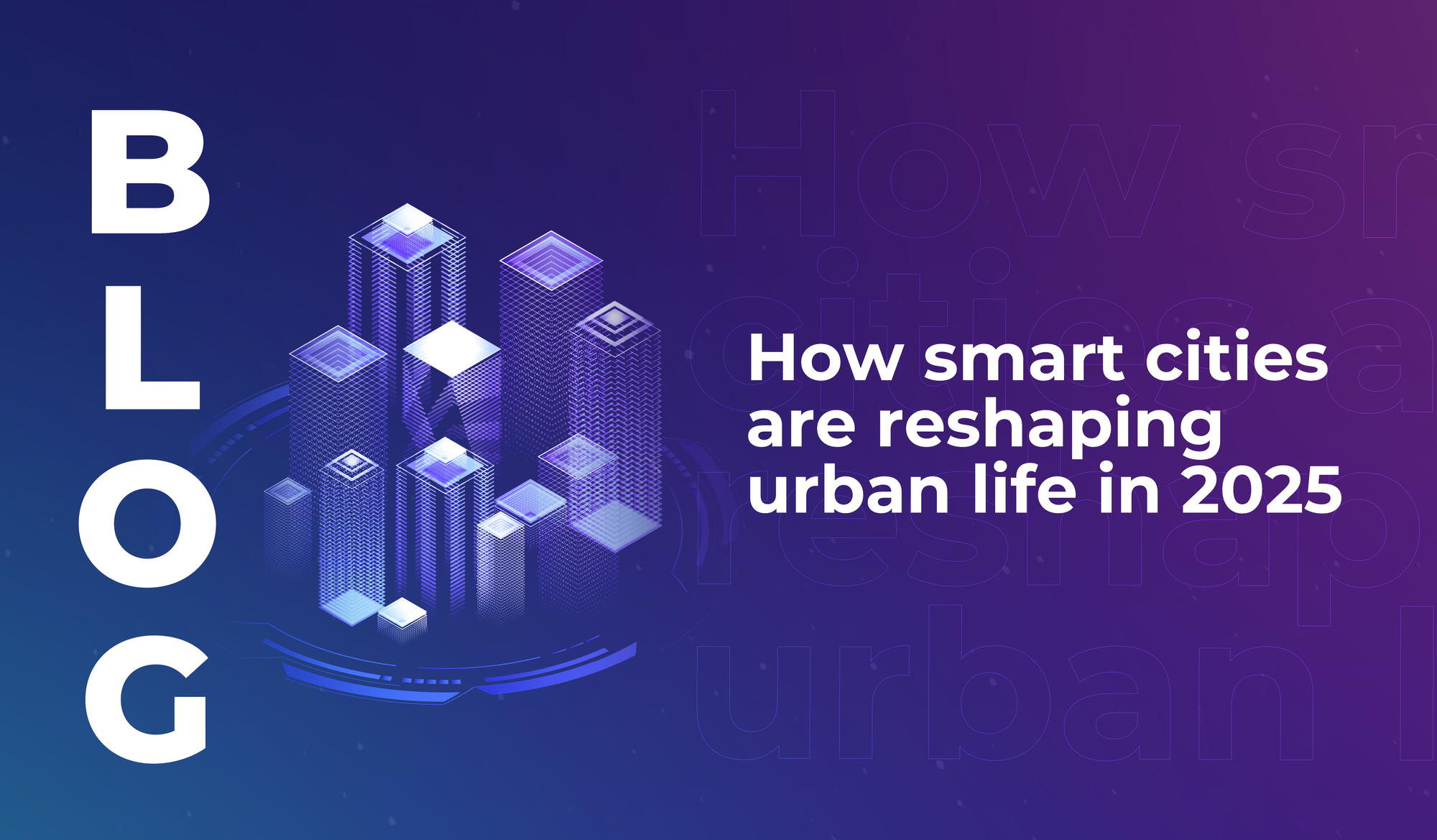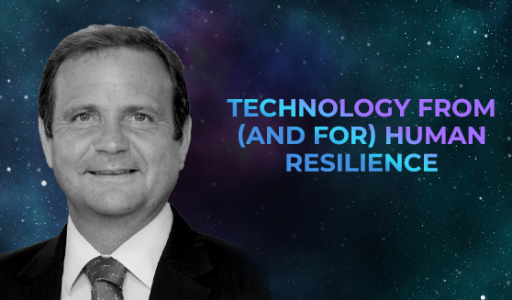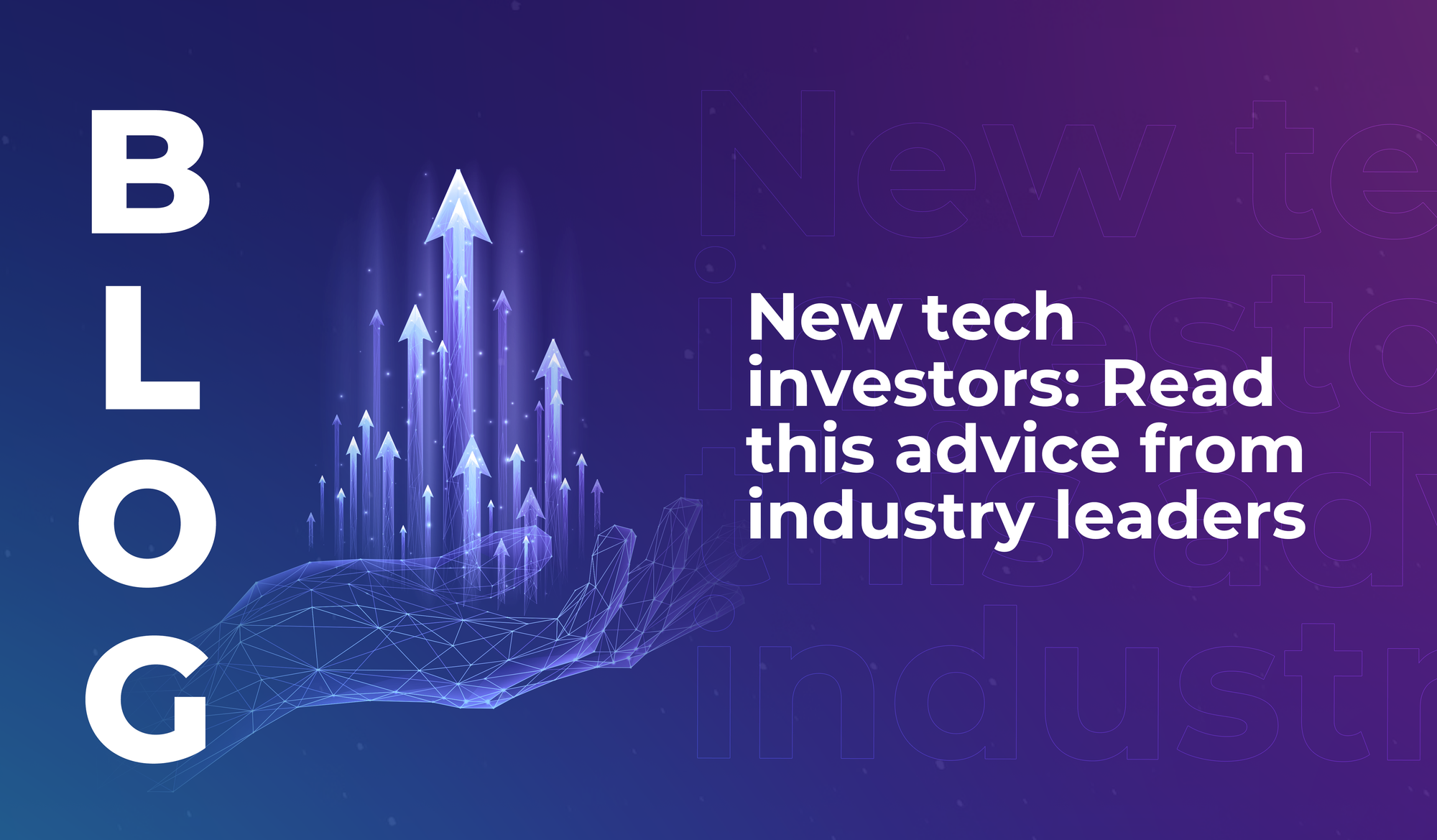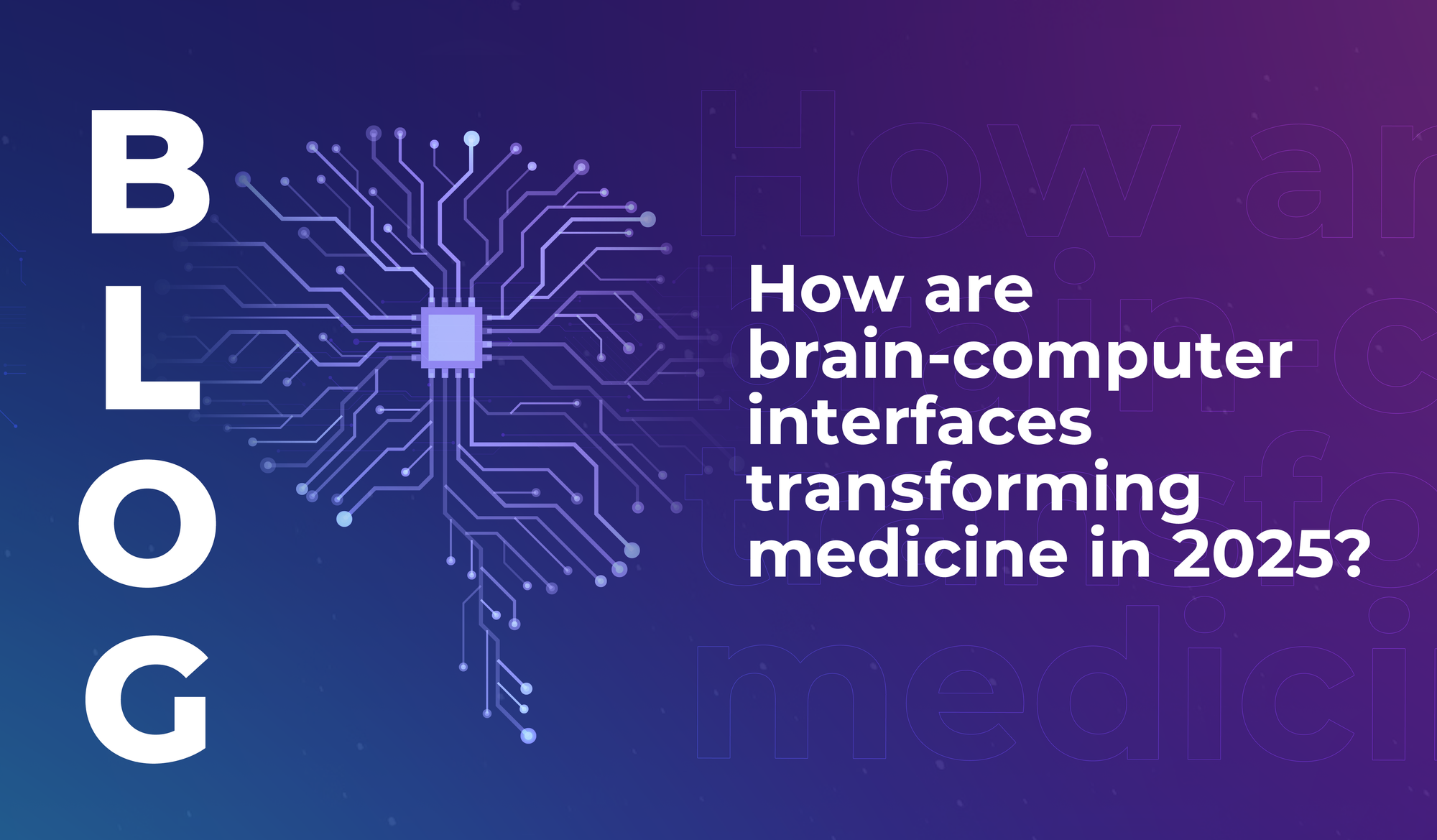
How smart cities are reshaping urban life in 2025
Discover the key drivers of positive smart city development, including collaboration, data literacy, and a sharp focus on sustainability.


“When in search of trade we reached the end of land, and so in front of us only water, we didn’t turn back. We didn’t go home. We used the greatest gift which has been given to us: our intelligence. And we built the boat.”
This was how Dr. Andrew Sutherland (Senior Vice President of Systems and Technology Business EMEA, Oracle) started his keynote at #LEAP22. It’s a truth that we can see throughout the history of humanity: when faced with insurmountable challenges we’ve created solutions to overcome them.
“But today’s problems,” Sutherland pointed out, “are not about physical power, or physical speed, or physical endurance.”
The immense challenges we face in 2022 are linked to our climate and our economies. In June 2022 the global surface temperature was the sixth-highest in 143 years, at 0.87°C (1.57°F) above the 20th century average. The ten warmest Junes have all happened since 2010. And according to the World Bank, global economic growth is expected to slump from 5.7% to 2.9% in 2022, which is significantly lower than the 4.1% predicted back in January.
How can we build technology that solves, rather than adds to, the climate crisis? And is it possible for tech to enable vibrant economies in a globalised and increasingly complex world?
Instead of jumping straight into the power of innovation and never-seen-before technologies, we want to take a moment to appreciate the information that underpins all information technologies.
Data is what will make it possible for human beings to move the needle on global heating. And the way we’re gathering and leveraging data in 2022 is a signifier of human resilience, just as building boats and engines and industrial machinery signified our resilience when we needed new ways to produce more food, and to trade between geographically disparate communities, in order to feed our families.
It is data that will allow human beings to create a digital twin of Earth and predict, plan for, and reduce the impact of climate emergencies. It’s data that governments and companies around the world are using to measure and improve energy efficiency, and to develop new forms of renewable energy. It’s data that shows us the areas we need to improve on the most when it comes to carbon emissions and greenhouse gases. And it’s also data that can provide us with the motivation and drive to keep on trying: we can lean on data to prove that our efforts to slow the speed of climate change are having a positive impact.
As a result of access to information, Sutherland said “we are in all likelihood the first generation to truly understand that many of our resources are finite.”
And just as we’re the first to understand it, we’re also the first to have access to enough data to solve it.
For today’s uncertain economies, tech can generate growth – not through increasing our physical power and speed (although arguably, we’re still working on that too, via AI-powered task efficiency), but by leveraging data that allows businesses to function in global markets.
Speaking from a business perspective, Sutherland said that today it’s necessary to think about “the needs and desires not of a few hundred customers in my town, but of millions of customers across the globe. Thousands of suppliers with different currencies and different laws, transacting in different time zones; all the time being concerned about the impact my business is having on the environment.”
Which is why for leaders in the information age, data is gold. It holds the key to economic growth and it must be kept secure. As well as collecting, analysing, and managing data for quick retrieval whenever it’s needed, the leaders of this time do one more thing:
“They sift this information,” Sutherland said, “they sift it continuously, again and again. And when more data arrives they sift again. They use machine intelligence and analytics to sift and sift, looking for patterns.”
“Because in the shadows of the recent past lie the best decisions for the near future.”
Treating data as the gold of our time is the key to building vibrant, robust economies. We know this because the tech giants have proven it to be true: data strategy results in revenue. Data is not, however, just a tool for independent companies to turn a profit, but a profound opportunity for economic growth on a local and global scale.
A 2019 report by pwc on the future of the data economy stated that the “ultimate goal is a more level digital playing field, where no child or young person is denied the opportunity to benefit from a data-rich world.”
And that’s exactly what tech companies and tech-educated governments must strive for now and into the future. Healthy economies that are driven by effective data management to ensure everyone’s included; everyone’s data is protected and respected; and all citizens are involved in economic resilience.

Discover the key drivers of positive smart city development, including collaboration, data literacy, and a sharp focus on sustainability.

Some of the most experienced tech investors in the world share their insights and advice to help new investors on their path to success.

Discover how brain-computer interfaces (BCIs) are creating new possibilities in healthcare and medicine.

Discover the key drivers of positive smart city development, including collaboration, data literacy, and a sharp focus on sustainability.

Some of the most experienced tech investors in the world share their insights and advice to help new investors on their path to success.

Discover how brain-computer interfaces (BCIs) are creating new possibilities in healthcare and medicine.